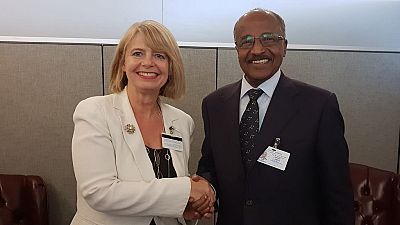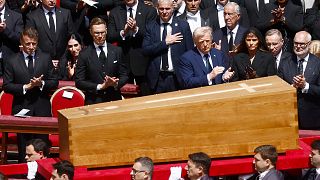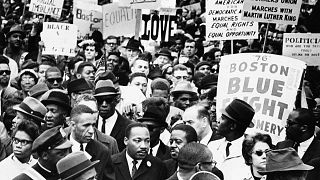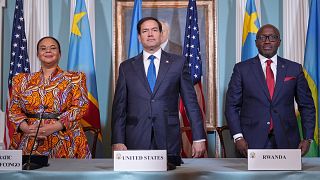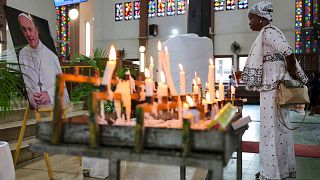The United Kingdom says it has no evidence of human rights reforms in Eritrea since the last session of the United Nations Human Rights Council. It added that it had raised the situation with the Eritrean government.
In a written question and answer session in parliament, David Patrick Paul Alton of Liverpool asked the Foreign and Commonwealth Office, FCO, about Eritrea.
His question posed on 10th October was responded to eight days later by Tariq Mahmood Ahmad, Minister of State, FCO, who said UK’s Minister for Africa had raised human rights concerns with Eritrean foreign minister Osman Saleh as recently as September 2018.
Alton’s question was as follows: “To ask Her Majesty’s Government whether they have seen any evidence of substantive Human Rights reforms in Eritrea since the most recent report of the UN Special Rapporteur on the Situation of Human Rights in Eritrea to the thirty-eighth session of the United Nations Human Rights Council.”
The October 18 response read: “The UK has seen no evidence of any human rights reforms in Eritrea since the last session of the United Nations Human Rights Council.
“The Minister for Africa raised our concerns on the human rights situation with the Eritrean Foreign Minister when they met on 25 September, and expressed our hope for an improvement in light of political developments in the region.”
Minister of Africa, Harriet Baldwin met with Osman Saleh on the sidelines of the 73rd United Nations General Assembly in New York. Eritrea dedicated its address to demand for the lifting of sanctions imposed by the security council.
Eritrea was late last week elected to serve on the United Nations Human Rights Council, a move that attracted condemnation from rights groups that have long condemned Asmara for systemic right abuses.
The UN special rapporteur for the region has in the past called for the government to be held for crimes against humanity. Many political dissidents are believed to be in jails along with journalists and pro-democracy activists.
Government justified their election to the council by saying it would afford the country the opportunity to deal with human rights issues.



